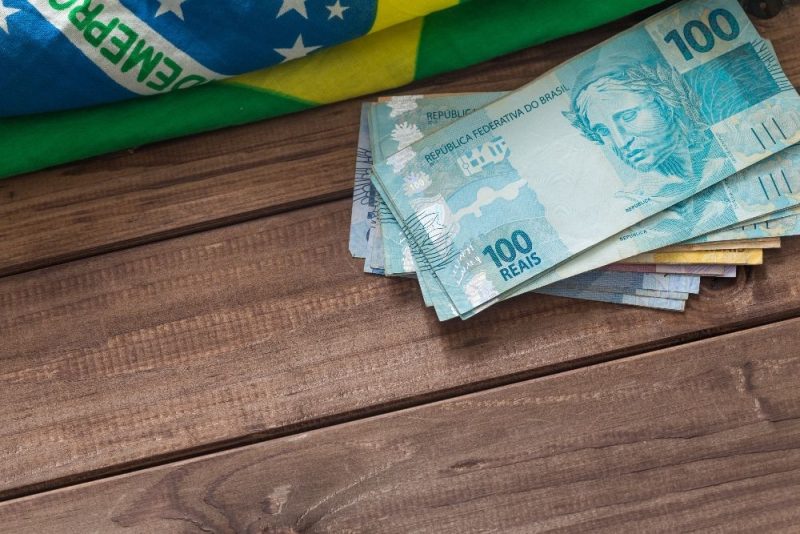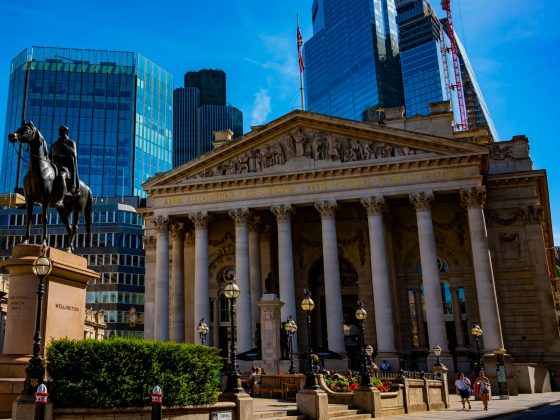In a troubling economic development, Brazil’s annual inflation rate increased to 4.87% in November, the highest rate in 14 months.
The gain from 4.76% in October exceeded market forecasts of a small increase to 4.85%.
Rising consumer prices, higher government spending, and shifting inflation expectations point to a complicated economic situation that might have a considerable impact on Brazilian households in the coming months.
Key inflation drivers
The current inflation surge is mostly due to higher pricing in critical sectors such as food, beverages, transportation, and personal expenditure.
Food and beverage costs increased substantially by 7.63%, up from 6.65% the previous month, demonstrating that everyday necessities are getting increasingly expensive for many Brazilians.
Transportation prices increased by 3.11%, up from 2.48% in October.
These industries are crucial because they directly affect household finances and consumer mood.
Analysts believe that these increases are impacted by several causes, including global supply chain interruptions, domestic manufacturing issues, and higher transportation costs as gasoline prices rise.
The recent increase in inflation reflects deeper economic pressures that Brazil must navigate as it seeks stability and prosperity.
Role of government spending
Increased government spending has been a major driver of rising inflation rates. To promote the economy, particularly in the aftermath of the Covid-19 pandemic, the Brazilian government has implemented measures to increase household consumption.
While such methods have helped the country’s Gross Domestic Product (GDP) in recent quarters, they also raise concerns about long-run inflationary pressures.
Government spending on infrastructure, welfare programs, and direct financial aid to families has created a ripple effect, increasing demand for products and services.
The issue ahead is to strike a balance between these fiscal methods and the inflationary concerns they pose.
Central bank officials have warned that when consumer expectations of higher costs become ingrained, businesses may attempt to raise prices ahead of time, fueling inflation even more.
Sectoral analysis: what is driving price increases?
A closer look at certain industries gives vital information about the inflation situation.
The increase in food and beverage prices has been particularly disturbing.
Poor harvests, higher logistics expenses, and shifting consumption patterns have all contributed to this problem.
The 7.63% increase indicates continued challenges in the agriculture sector, creating food insecurity for many Brazilians.
Transportation, another critical sector, increased by 3.11%, driven mostly by fuel prices and supply chain weaknesses.
In contrast, housing and utility inflation rates fell to 4%, down from 6.12% previously.
This decline could be attributable to stabilization in energy costs and property markets, which provides some relief to consumers.
It implies a mixed economic reality in which some sectors are under great pressure while others are having a period of calm.
Brazil’s inflation rate rose to a one-year high in October
Brazil’s annual inflation rate jumped to 4.76% in October 2024, the most in a year, up from 4.42% in September and estimates of 4.72%.
Food and beverage prices increased by 6.65% versus 5.86%, as did housing and utilities (6.12% versus 4.58%).
In contrast, transportation inflation fell (2.48% versus 3.22%).
The CPI rose 0.56% from the previous month, the largest increase since February and generally in line with predictions.
The highest increasing pressure came from the cost of housing (1.49%), namely domestic electricity (4.74%), and food and beverages (1.06%), mainly meat (5.81%).
Inflation continued in October much higher than the central bank’s 3% target, above the highest tolerance limit of 4.5%. after a severe drought that pushed up crop and energy prices.
Meanwhile, a weaker real, robust economic activity and expectations of expansionary fiscal policy also contributed to rising inflationary pressures. In response, the central bank implemented two rate hikes this year.
Outlook: navigating the future of inflation in Brazil
As Brazil confronts these economic issues, the central bank’s position becomes critical.
Monitoring inflation expectations and changing monetary policy will be critical to managing public sentiment and consumer behaviour.
The continuing inflationary trend jeopardizes not only individual households but also overall economic stability.
Finally, the recent increase in Brazil’s inflation rate to 4.87% reflects a complicated combination of rising prices in vital sectors, aggressive government expenditure, and altering consumer expectations.
As policymakers attempt to negotiate this scenario, the coming months will be critical in defining Brazil’s economic future, with possible consequences for both consumers and businesses.
To maintain stability and create long-term growth, these issues must be effectively managed.
The post Brazil’s inflation hits 14-month high as consumer prices surge amidst rising government spending appeared first on Invezz


